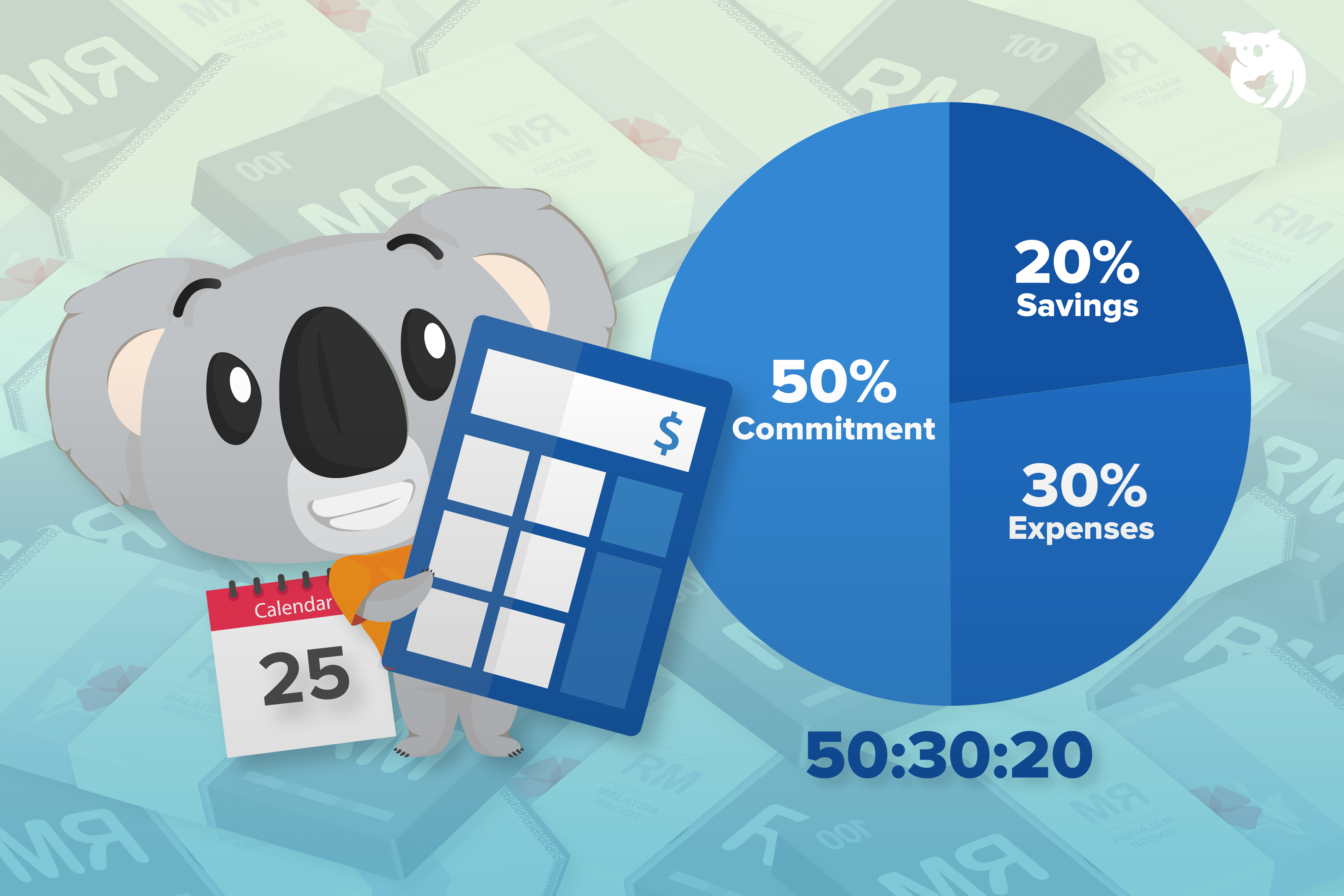Malaysians are generally aware of the importance of financial planning with many focusing on retirement savings, paying off debts and so many other reasons. But here’s the thing, financial planning is not as simple as it may seem, and not everyone can do it effectively. If you’re looking to improve your financial planning, this article explores why it’s important and outlines some key strategies to help you achieve your financial goals.
Why Financial Planning Is Important?
Financial planning involves creating a comprehensive strategy to manage your finances and achieve your financial goals. Through financial planning, you are able to analyze your current financial situation and identifying your goals. Although it may not be the most thrilling subject, financial planning is something that should be taken seriously by everyone. Here are some of the top reasons why financial planning is critical:
Can Help You Achieve Your Goals
A financial plan is essential for setting financial objectives and developing a strategy to achieve them. Everyone has different aspirations, such as buying a house, starting a family, or purchasing a car. Regardless of your goals, a good financial planning can help you reach them. By dividing your goals into smaller, achievable steps, you can stay focused and driven throughout your financial journey.
Can Provide Peace of Mind and Sense of Security
It’s a common saying that “life is unpredictable”, it is indeed true as you never know what the future holds, whether it brings good or bad fortune. However, having a financial plan in place can help you feel more secure. By building an emergency fund or protecting your assets with insurance, making retirement investments, you can ensure that you’re ready for whatever the future brings.
Knowing that you have a financial plan in place and are taking steps to reach your goals can create a sense of peace of mind. This can help instill confidence in your financial situation. With financial planning in place, you can focus on what truly matters in life, such as spending quality time with your loved ones or focus on pursuing your passions.
Can Help You Manage Your Money Wisely
Failing to create a financial plan can lead to overspending and financial instability. It is so easy to get off track and spend your money carelessly. Hence, it is important that you know how to manage your monthly income by listing down your monthly commitments. Then, you should develop strategies to manage your finances and debt. This can help you live within your means and avoid unnecessary expenses.

Let’s Achieve Your Financial Goals, Follow These Financial Planning Strategies
The right financial planning strategies can strengthen your efforts in reaching your financial goals. Here are seven best strategies you can follow:
1. Plan Out Your Goals
You need to have a clear plan for your financial goals can as it can help you stay on track and achieve the desired outcomes. When making your plan, it is important to consider these four key elements:
- Define your specific objectives;
- Measure your progress towards your goals;
- Establish a realistic timeframe;
- Identifying the specific steps required to achieve your objectives.
By incorporating these elements into your financial plan, you can increase your chances of success and achieve greater financial stability.
2. Reduce Unnecessary Expenditures
To improve your financial situation, you can start by reducing expenses such as daily expensive coffees or eating out at fancy places too often. Cutting back on unnecessary expenses can make a big difference in your life. Just image about the amount you can save by skipping your daily RM15 coffee.
Living within your means can help you establish a financial cushion for unforeseen situations such as loss of employment or market downturns. This way, you won’t have to rely on emergency funds every time something goes wrong, and you’ll be able to make significant financial moves when opportunities arise.
3. Prioritize Short-Term Objectives
It is most likely that you have a mix of short- and long-term financial objectives, but concentrating on your immediate goals can help you gain momentum. Achieving short-term goals will eventually lead you to achieve your long-term goals.
An example of a short-term financial goal can be as easy as paying off your PTPTN loan. Paying off your student loan early can help you save money in the long run. It can free up your cash flow, allowing you to allocate your resources towards other priorities such as saving for retirement or building an emergency fund.
4. Start Making Investments
You may think the best way to handle your finances is to have a lot of savings. While it is true that saving helps you build up a financial safety net, there is another effective way that you can use to grow your wealth over time which is investing.
Relying solely on savings may not be enough to keep up with inflation as the value of your money could decrease over time. On the other hand, investing can potentially provide higher returns than saving, especially if you invest for the long term and have a well-diversified portfolio.
In Malaysia, you have the option to whether invest in low-risk investments such as ASB and Tabung Haji and high-risk investments such as the stock market. You are free to choose based on your investment risk tolerance and investment goals. It’s crucial to conduct thorough research and seek advice before making any investment decisions.

5. Learn How to Manage Your Debt Effectively
In managing your finances, it’s crucial to distinguish between good debt and bad debt. While good debt like a mortgage comes with low interest rates and tax benefits, bad debt such as credit card debt can cripple you with high interest rates.
When entering a new life stage, debt can easily accumulate because you may keep on adding your monthly commitments. Effective debt management requires prioritizing high-interest debts, understanding the difference between good and bad debt, and avoiding further debt. You should also seek guidance from financial advisors who could provide you with valuable insights.
6. Keep Track of Your Credit Score
When you want to buy a property or even your car, you need to make a loan with the bank. Having a good credit score can increase your chances of obtaining loans, such as car loans, house loans, and credit cards, with lower interest rates. This will ultimately result in lower interest payments and more savings.
It is important for you to regularly check your CCRIS report or CTOS report to ensure you have a good credit score. A higher credit score can improve financial standing, allowing better loan options with lower interest rates, leading to better cash flow management and avoiding excessive interest expenses.
7. Take Insurance Plans
Taking insurance plans can be an important part of financial planning although some may view insurance premiums as an unnecessary monthly expense because they have yet to experience a significant loss or setback.
Insurance is absolutely crucial in your life as it offers protection for you and your loved ones against unforeseen and costly financial losses, including medical expenses, property damage, or loss of income caused by disability or death. Having the right insurance coverage is crucial to provide peace of mind and financial security. For example, car insurance and motorcycle insurance can protect against costly damages and liabilities resulting from accidents.
Medical insurance and critical illness insurance can help cover medical expenses in the event of illness or injury. Personal accident insurance can provide financial support in the event of permanent disability or accidental death. Without having insurance, you might need to spend your entire life savings if something unfortunate happens. As mentioned earlier in this article, “life is unpredictable”.
To sum it up, the key to a successful financial planning depends heavily on your financial goals and current situation. A solid financial plan should prioritize savings for the present and future. It is important that you stay disciplined while doing your financial planning and utilize the seven strategies that have been highlighted in this article.
If you are looking for the best car insurance in Malaysia, visit the Qoala website for more info. Compare prices and benefits from some of the best and most popular insurance companies in Malaysia with a simple, fast and safe process.

 EN
EN
 MY
MY








